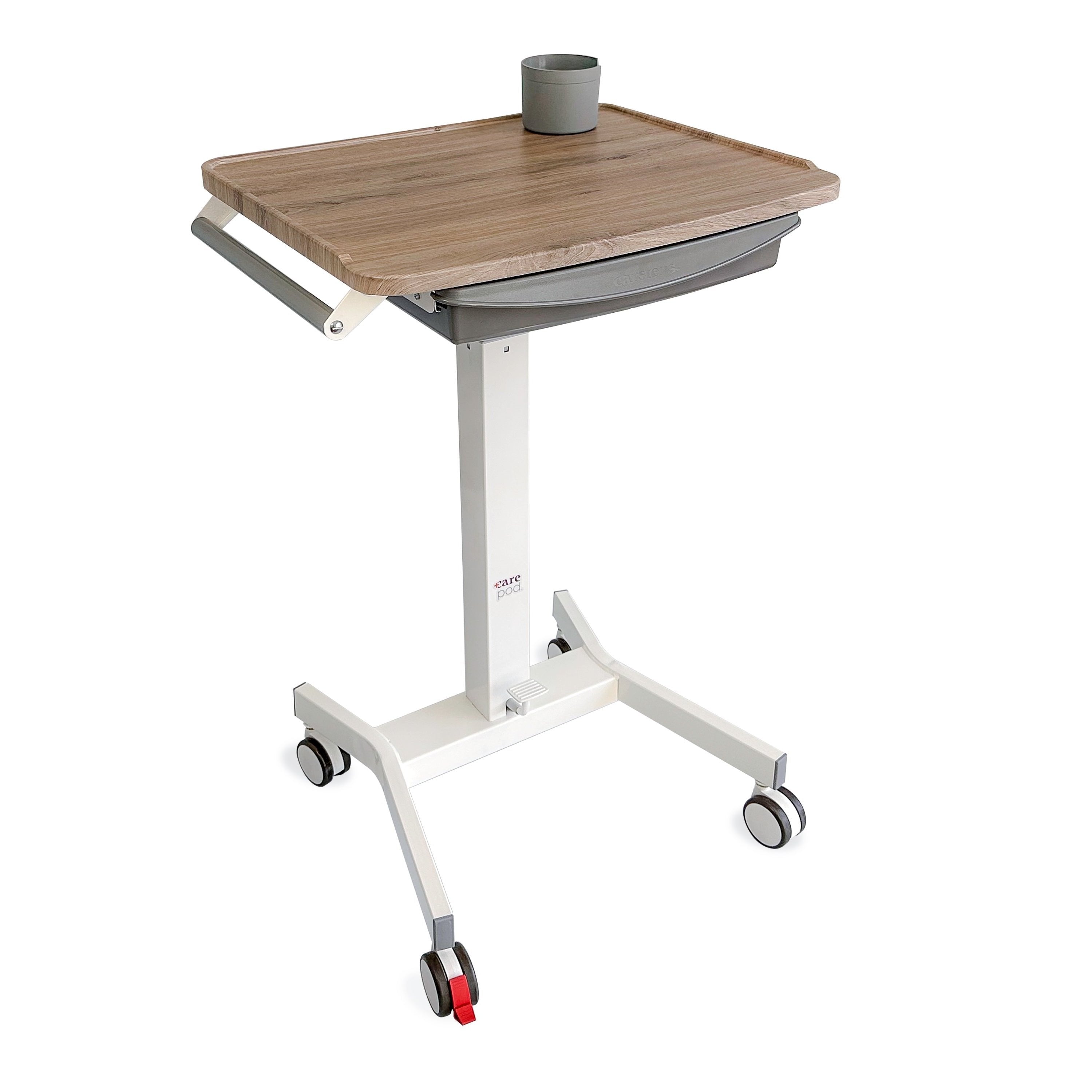Nursing is a profession that embodies commitment and compassion. However, it also comes with a unique set of challenges that can affect the well-being and job satisfaction of these healthcare heroes. By addressing the pain points that nurses face, we can pave the way for an improved healthcare system. Here are the five most common pain points that nurses encounter in their professional lives.
1. Long Working Hours and Fatigue
A nurse’s shift often stretches beyond the traditional eight-hour workday, sometimes running 12 hours or longer without adequate breaks. This endurance test can lead to physical exhaustion, jeopardizing both patient safety and the nurse’s health.
Actionable Tip: Advocate for shift schedules that prioritize rest and recovery, optimizing nurse performance and patient outcomes.
2. Staffing Shortages
Having strenuous schedules and workloads is another common pain point nurses encounter. Insufficient staffing not only disrupts the equilibrium of healthcare delivery but propels nurses toward an inevitable burnout cliff by increasing their workload substantially. This pressure cooker environment compromises both the quality of patient care and nurses’ job satisfaction.
Actionable Tip: Work with colleagues to demand adequate nurse-to-patient ratios that ensure a manageable workload and uphold the highest care standards.
3. Emotional and Mental Stress
No one can prepare you for the emotionally heavy conditions you may face on a day-to-day basis. Nurses routinely face high-pressure situations that often carry an emotional freight greater than most can imagine. The cumulative effect of such stress can cascade into serious mental health concerns.
Actionable Tip: Implement a consistent self-care regime and seek professional support networks to navigate the emotional complexities of nursing.
4. Lack of Work-Life Balance
Managing the scales of work and personal life can feel like walking a tightrope without a net for many nurses. The time-consuming nature of their roles can encroach on family time, leisure activities, and much-needed rest, leading to relationship strains and personal stress.
Actionable Tip: Explore opportunities for flexible scheduling that honor the sanctity of personal time and obligations outside of the clinical setting.
5. Limited Career Growth and Opportunities
Learning new techniques and methods doesn’t stop at nursing school. While working in the field, you can count on your fellow professionals to help you grow within your career. Many nurses reach a plateau where career advancement seems distant or inaccessible, often tethered to the bedside with few prospects for leadership roles or continuing education.
Actionable Tip: Actively seek mentorship and continuing education programs and convey your career aspirations to your organization’s leadership.
The healthcare industry can foster a more robust, satisfied nursing workforce by investing in nurses through better working conditions, support systems like medical laptop carts, and attention to the balance of personal and professional lives.
How do you establish your work-life balance, and what practices help you maintain your mental health? Remember to share your stories to shine a spotlight on the crucial matters nurses face every day. Together, we can initiate change and provide a healthier work environment for our unsung healthcare warriors.






